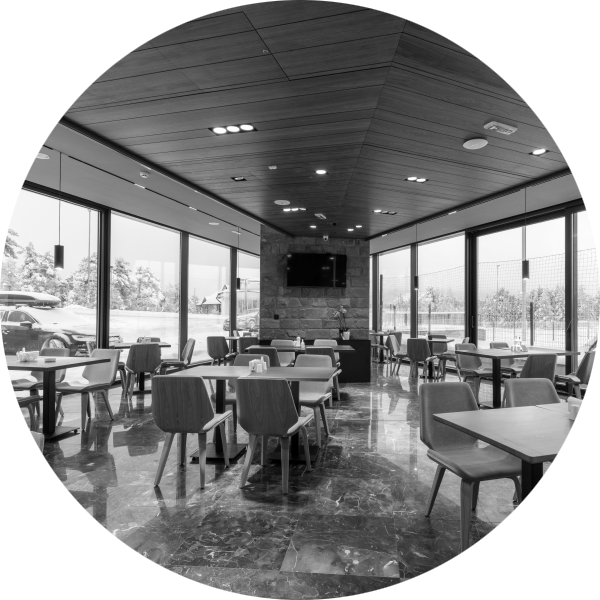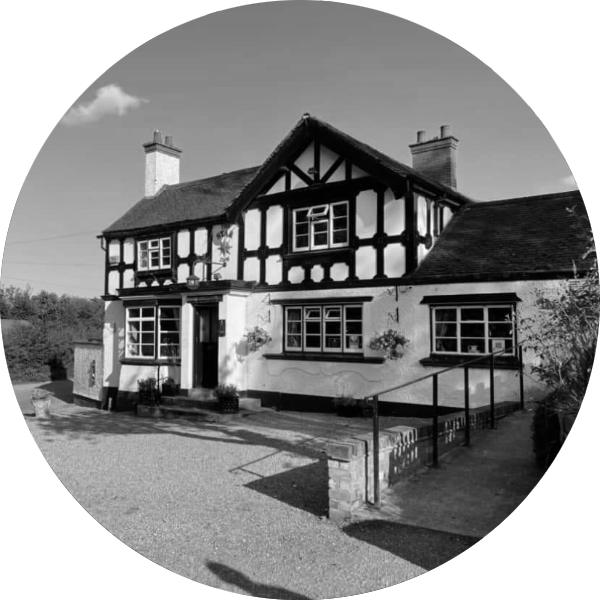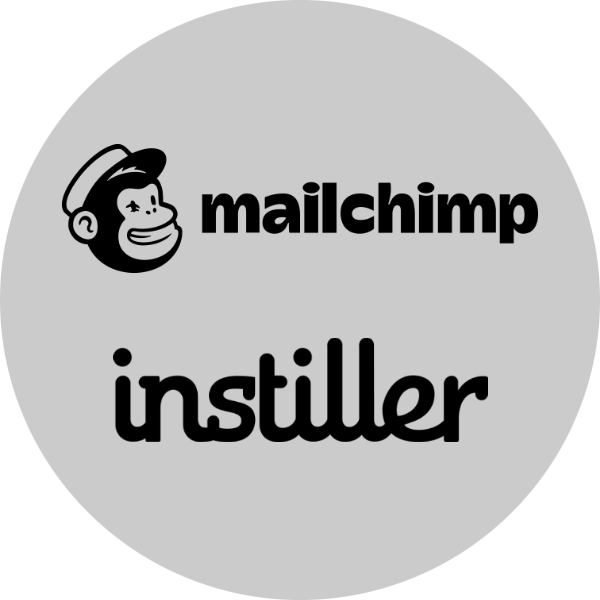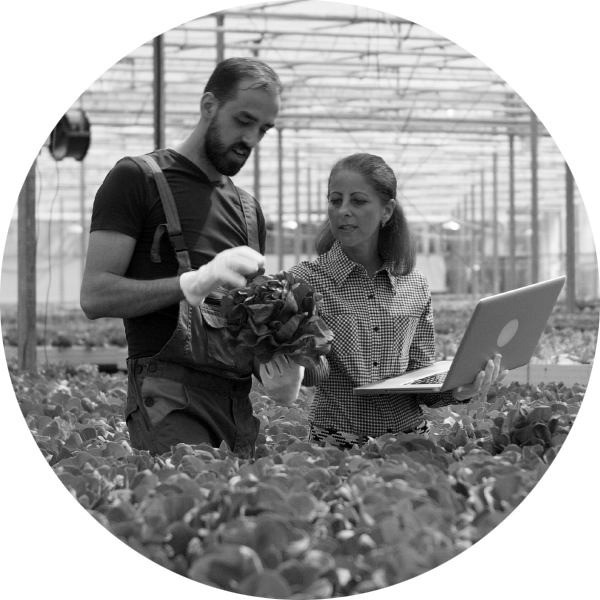How bespoke software transformed LSG (despite the pandemic)

This story tells how LSG Purchasing evolved its operating systems from notepad and phone to a highly automated bespoke software system – even when Covid threatened their existence.
Supporting 8,000 hospitality venues.
LSG is an independent buying group for the hospitality industry. From pubs and restaurants to cafés and leisure outlets, members enjoy special prices from leading suppliers. Food, kitchen equipment, garden supplies – everything they need.
MD and founder, Simon Durkin formed LSG in 1995 after a career in health clubs. He appreciated, first-hand, the power of numbers when it came to purchasing.
“Originally, we phoned each member,” recalled Simon. “We told them about our deals and noted their feedback on paper. Every day we’d fax leads to suppliers and monitor our rebates from member purchases – on paper! Then someone said: ‘This is crazy, computers can do this, you know?'”
After initial attempts to computerise the business, Simon spoke with Redox. He wanted to create a huge database, but due to the complex business model, off-the-shelf software wasn’t an option.
“Nathan and Tom [at Redox] really wanted to understand how we worked. You felt like they were going to become an extension of our team. And that’s why we chose them,” said Simon.
Creating a bespoke engine (aptly called ‘Utopia’) was a huge step forward for LSG. The single source of truth holds every piece of member and supplier data in one place. They can drill down to crisp brands stocked, renewal dates for utilities, and whether the venue has a garden.
Utopia also holds supplier information and financial data. Everything in one place.
But that’s only half the story. LSG could manage all their data centrally but couldn’t easily use it to fuel further growth.
And then the pandemic hit.


Driving sales with less staff.
With forced downtime Simon thought through his next moves. Two seasoned pub consultants told him the answer lay in digital transformation.
“It was all going round in my head. Could I bounce back and cover existing wages with the business they brought in? Could I get a loan? Eventually, I chose to lose half of my staff and use the money saved to build an interactive website that would integrate with Utopia,” said Simon.
When you work with bespoke software, you build from a problem-solution mindset. You’re not reliant on off-the-shelf capability. Just as well, given Utopia now had to feed LSG’s newly interactive website.
Simon explained: “Ultimately, I needed my system to do the work of three lost staff. So, first we enabled members to update their details on the website, saving us gathering this data by phone. For example: What type of pub is it? Does it serve food? Has it got a garden?
Suppliers then received leads automatically. And, of course, the data seamlessly integrated with Utopia.”
You might think this was a big enough step forward for LSG. But to drive further sales and recover lost ground, Utopia had to feed two email marketing platforms.
Every time we ask for something, Redox wants to know what we’re looking to achieve. They won’t do anything unless they think it will enhance our operations.
Precisely targeted email marketing.
“Until now, our emails had been very transactional. For example, a seasonal deal on barbecues. But now our new website fed leads to suppliers we could focus on building relationships with members, targeting segments using Utopia data,” said Simon.
And so Redox integrated Mailchimp with Utopia – an off-the-shelf email tool enhancing a powerful, bespoke system.
Simon explained how this works: “Utopia feeds Mailchimp. It sees all our supplier categories and can segment members in so many ways. For example, we can automatically email members just ahead of their utility renewal, or only contact those with gardens. We can even use geotags to email a certain region.”
The biggest benefit is that Utopia updates Mailchimp segments in real time. By changing their details on the website or acting on an email, members’ tags automatically change, altering the communication they receive.
LSG also uses Instiller for email marketing. With further bespoke development, members seamlessly move between the two platforms.
“Mailchimp only contacts people who’ve opened an email in the last 26 weeks. If they’re not opening enough emails, it kicks them onto our Instiller list. This keeps Mailchimp clean and means we can send different messages depending on how active they are with us – with no manual input.”
So, what’s all this meant for LSG’s post pandemic recovery?
“A few months in, we’re already 90% back to where we were before the pandemic and growing quarterly. That’s with only half our team. We’ll soon be back to where we were, and I can see software playing a huge part in our future growth. It’s a big success for us.”

Big national companies say, wow, that’s amazing. It’s incredible intelligence for their growth too. So now, they want to work closer with us because of our bespoke system.

Supplier gold.
There’s another side to this success story. The value of Utopia and LSG’s subsequent automation for hospitality suppliers.
“Whenever I talk to new suppliers, I present our software and the data we hold for every venue. Big national companies say, wow, that’s amazing. It’s incredible intelligence for their growth too. So now, they want to work closer with us because of our bespoke system,” said Simon.
It’s not surprising. LSG’s bespoke Utopia engine holds granular data such as food and drink spend, number of rooms, and team sizes.
Yet the power comes from being able to automatically use this data to build sales. Rich in detail, no other such database is available. Suppliers need LSG’s help to reach the independent pub and hospitality market.
“Given the many different facets to our business, such as members, suppliers, finance, and marketing, I don’t think we could do it without bespoke software. Plus, we couldn’t survive without supplier support and our bespoke system keeps us ahead of their intelligence,” he added.
With bespoke software you can push your boundaries and find out what works best. With off-the-shelf, you’re stuck within the boundaries it gives you.
“We’ve never had a problem.”
LSG has been working with Redox for over 12 years. The stark reality, Simon says, is they always get it right.
“They think through every development before deployment. It’s double-checked and always an enhancement. In 12 years working with Redox, we’ve never had a problem. That’s extraordinary. I mean, my own computer support team gets things wrong, but Redox never has.
Every time we ask for something, Redox wants to know what we’re looking to achieve. They often come back with other ideas that give us more. They really understand our business and know their job is to make us more efficient. They won’t do anything unless they think it will enhance our operations.
We’re still getting the same enthusiasm from Redox as when we started working together. It’s superb.”


What’s next for LSG and Redox?.
“Redox always want to advance. It’s what I love about them. They’re always building their intelligence about the latest and best technology.
So, we’ve already planned a whiteboard meeting, even though we’ve just gone through massive change,” explained Simon.
Next, he wants monthly supplier trading reports to automatically feed into Utopia.
“Instead of someone spending a day putting them into Utopia, I want to seamlessly feed this information in.
Also, I want to enable members to buy deals directly from our website. That’ll save a lot of manual work between us and suppliers,” he said.
No boundaries with bespoke.
There’s no doubt the pandemic changed LSG’s operating model significantly. With time to think, Simon realised their future wasn’t about more people on phones.
Thankfully, he’d already started his bespoke software journey, with Redox providing incredible support.
“Bespoke software lets you push your boundaries and find out what works best. With off-the-shelf, you’re stuck within the boundaries it gives you. There are no boundaries with bespoke, just huge flexibility.
Before the pandemic, I hadn’t thought of becoming so digital. Yet, Utopia meant we could adapt and change our way of working. And now, we can offer our members far more support than just a phone call,” concluded Simon.

